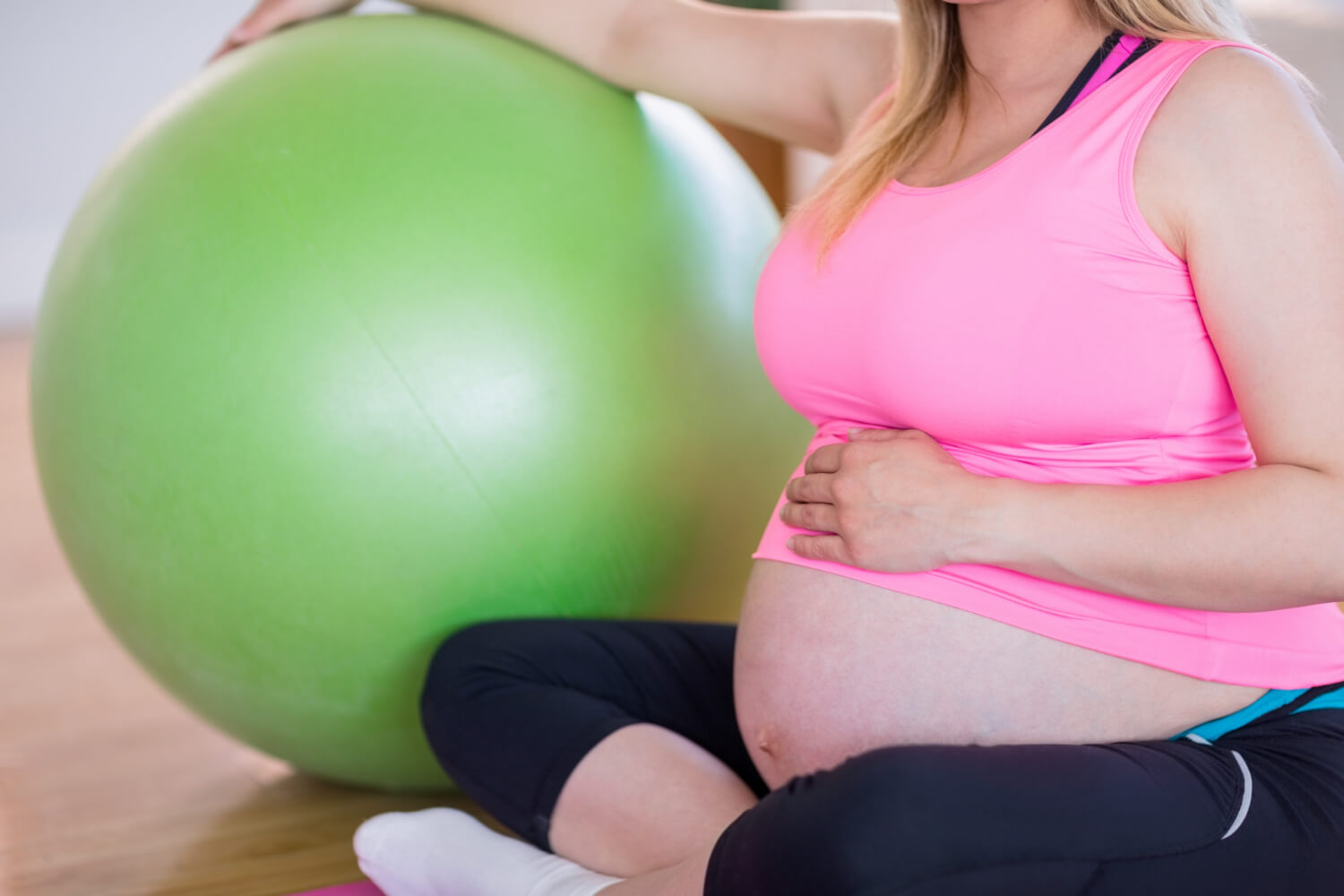Many expectant mothers refuse to do sports during pregnancy, fearing that it can harm the baby. However, there are many misconceptions about physical activity in this important period of a woman’s life.
For example, there is an opinion that physical exercise can lead to miscarriage or negatively affect the development of the fetus. In fact, moderate physical activity, coordinated with a doctor, can improve blood circulation, reduce the risk of complications and even ease the labor process. It is important to approach physical activity consciously, guided by the recommendations of experts.
The benefits of sports during pregnancy Physical activity during pregnancy is allowed for healthy women who do not have complications. Nevertheless, there are conditions in which physical activity is contraindicated: threat of miscarriage, placenta previa, multiple pregnancies with a high risk of premature birth, severe preeclampsia, cardiovascular diseases and chronic pathologies that require strict medical supervision. Before starting training, be sure to consult with a gynecologist-obstetrician.
The main benefits of sports:
- Improvement of the emotional state;
- Maintaining the normal function of the heart and blood vessels;
- Strengthening muscle tone;
- Reducing the risk of hypertension, gestational diabetes and pre-eclampsia;
- Maintaining optimal body weight;
- Normalization of sleep.
When it is better to exercise The optimal period to start exercise is the end of the first trimester and the beginning of the second trimester. By this time, the woman’s body has already adapted to pregnancy: the risk of miscarriage is reduced, toxicosis decreases, the hormonal background stabilizes. In addition, during this period, the future mother is not yet faced with pronounced physical discomfort associated with an increase in body weight and abdominal size, which makes training more comfortable and safe. In early terms, consultation with a doctor is mandatory.
Permitted types of physical activity
- Light aerobic exercises;
- Walking in the fresh air;
- Nordic walking;
- Swimming;
- Yoga for pregnant women;
- Fitness under the supervision of an instructor.
What to pay attention to during exercise Engaging in sports, the future mother should carefully monitor her well-being. Pay attention to the following symptoms:
- Shortness of breath;
- Heart palpitations;
- Dizziness;
- Weakness;
- Lower abdominal or lower back pain;
- A sharp decrease in fetal activity.
If any of these signs occur, you should stop physical activity and consult a doctor.
Prohibited sports during pregnancy Some sports can pose a serious threat to the health of the mother and child. They increase the risk of falls, injuries, sudden changes in pressure and lack of oxygen, which can adversely affect the course of pregnancy.
Categorically prohibited:
- Extreme and contact sports with a high risk of injury;
- Sports with the possibility of falls or collisions (skiing, horseback riding);
- Activities involving pressure drops and lack of oxygen (diving, mountain training);
- Intense exercise in extreme weather conditions (extreme heat, cold, heavy rain).
Physical activity during natural conception and after IVF Sport during natural conception Women who conceive naturally, if there are no contraindications, can follow the standard recommendations for physical activity. It is important to take into account the individual characteristics of the body, to be attentive to their own condition and avoid excessive loads.
Sports after IVF Pregnancy resulting from in vitro fertilization (IVF) requires a more delicate approach. In the early stages, it is recommended to limit physical activity as much as possible, so as not to interfere with the implantation of the embryo. After the end of the first trimester, it is acceptable to gradually introduce gentle activity, agreed with the doctor. Preference should be given to yoga for pregnant women, swimming and walking.
Physical activity after IVF with donor eggs Women who have undergone IVF with donor eggs may face additional risks associated with hormone therapy and individual characteristics of the body. In such cases, physical activity should be particularly gentle. Preliminary consultation with a gynecologist-obstetrician is mandatory.
Individual approach – the basis of safety To get reliable information about permissible physical activity, consult a doctor. Only a specialist can give a personalized recommendation, taking into account all the peculiarities of the course of pregnancy.
Make an appointment with an obstetrician-gynecologist at the Natuvitro Clinic to get professional advice and protect yourself and your future baby.


